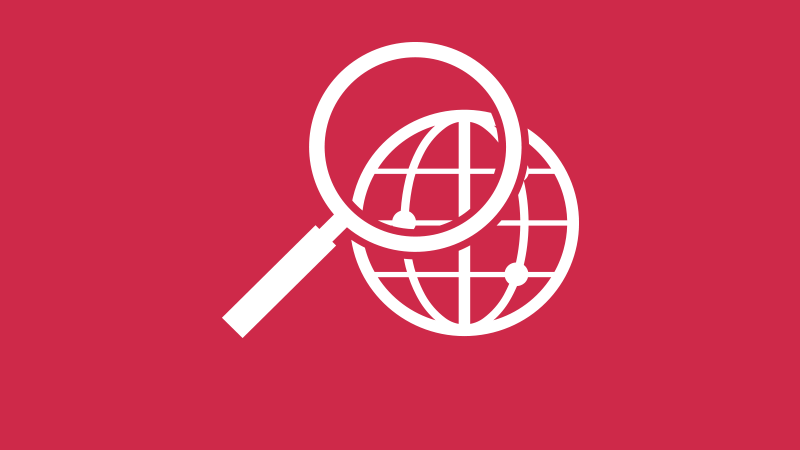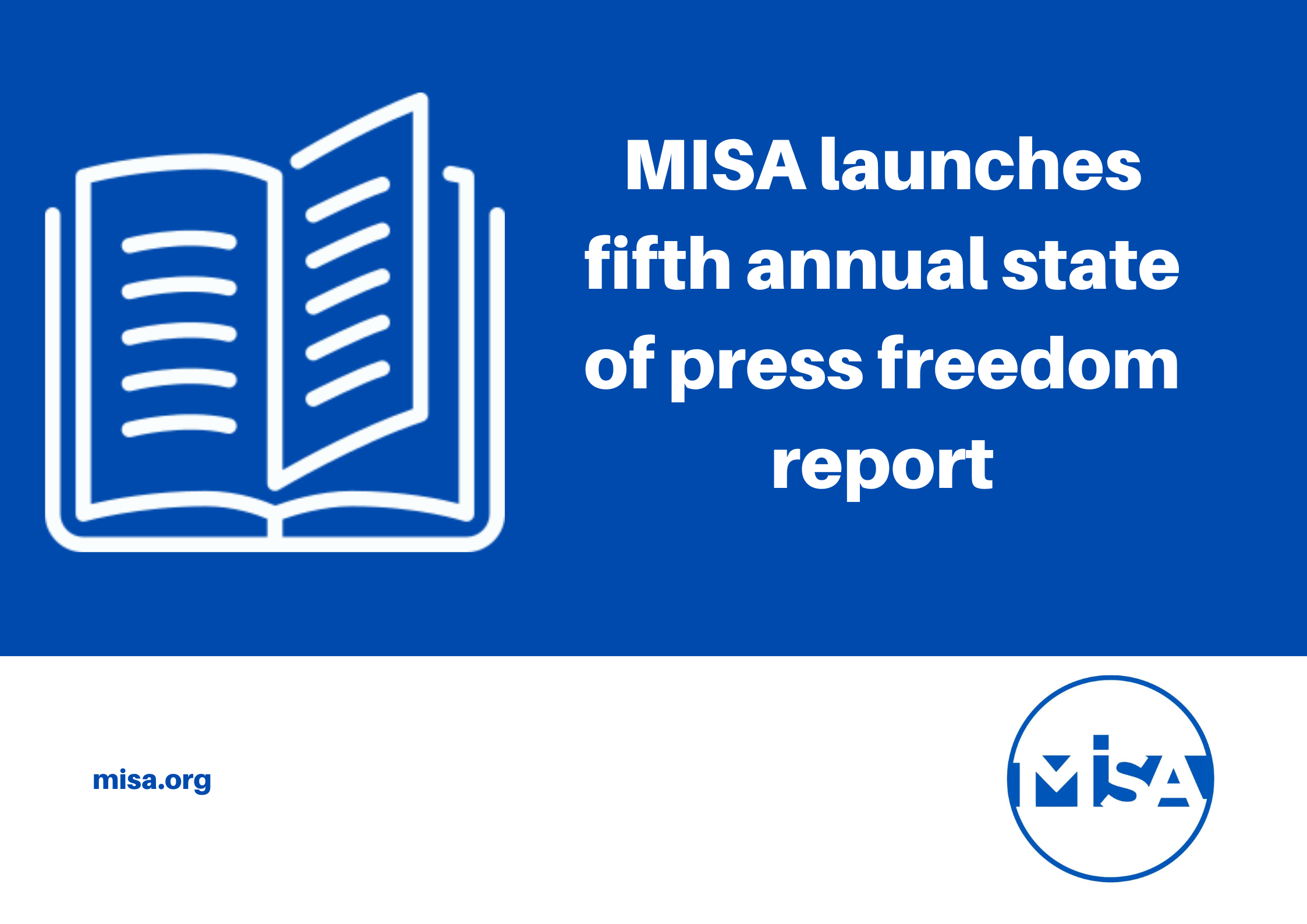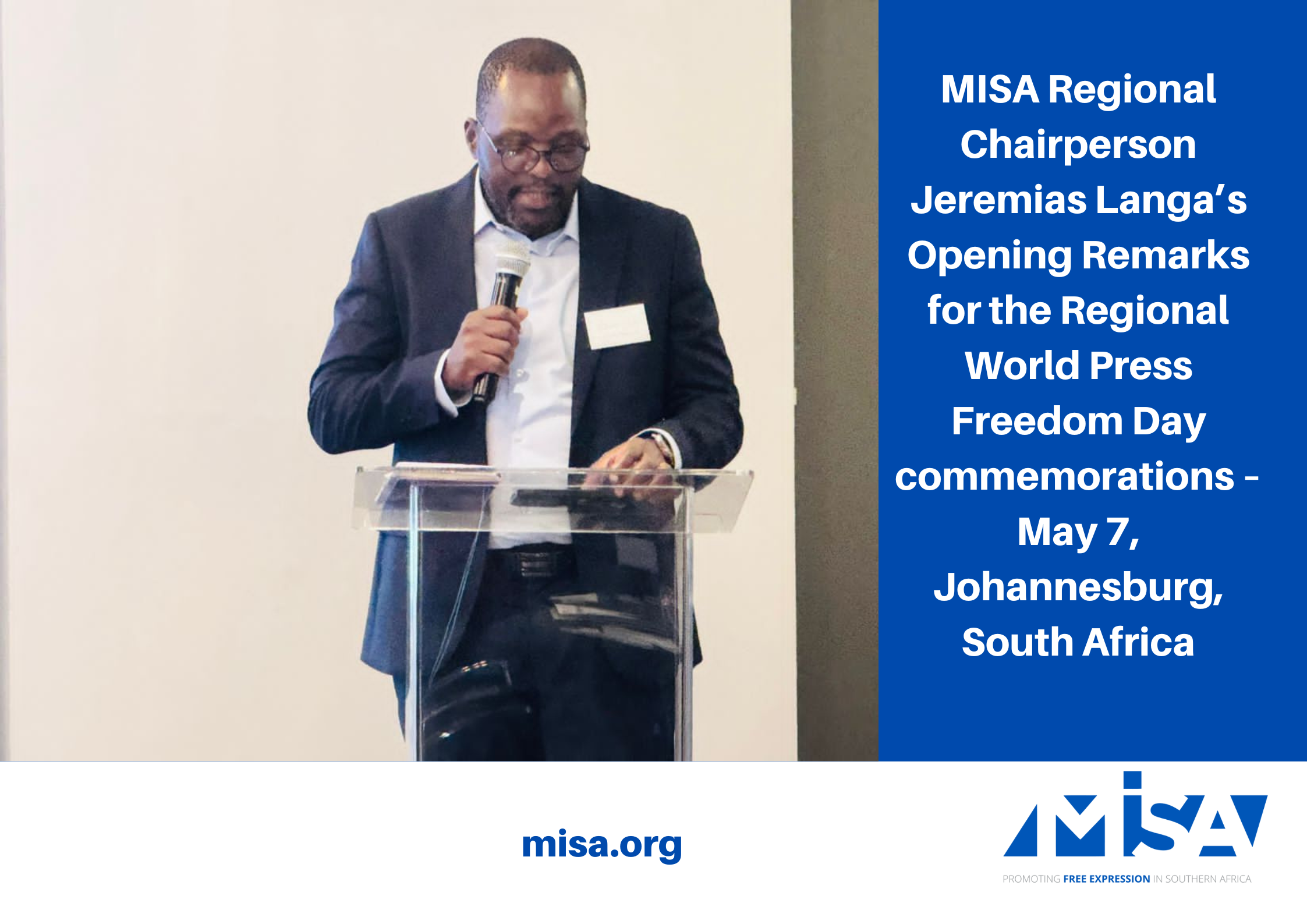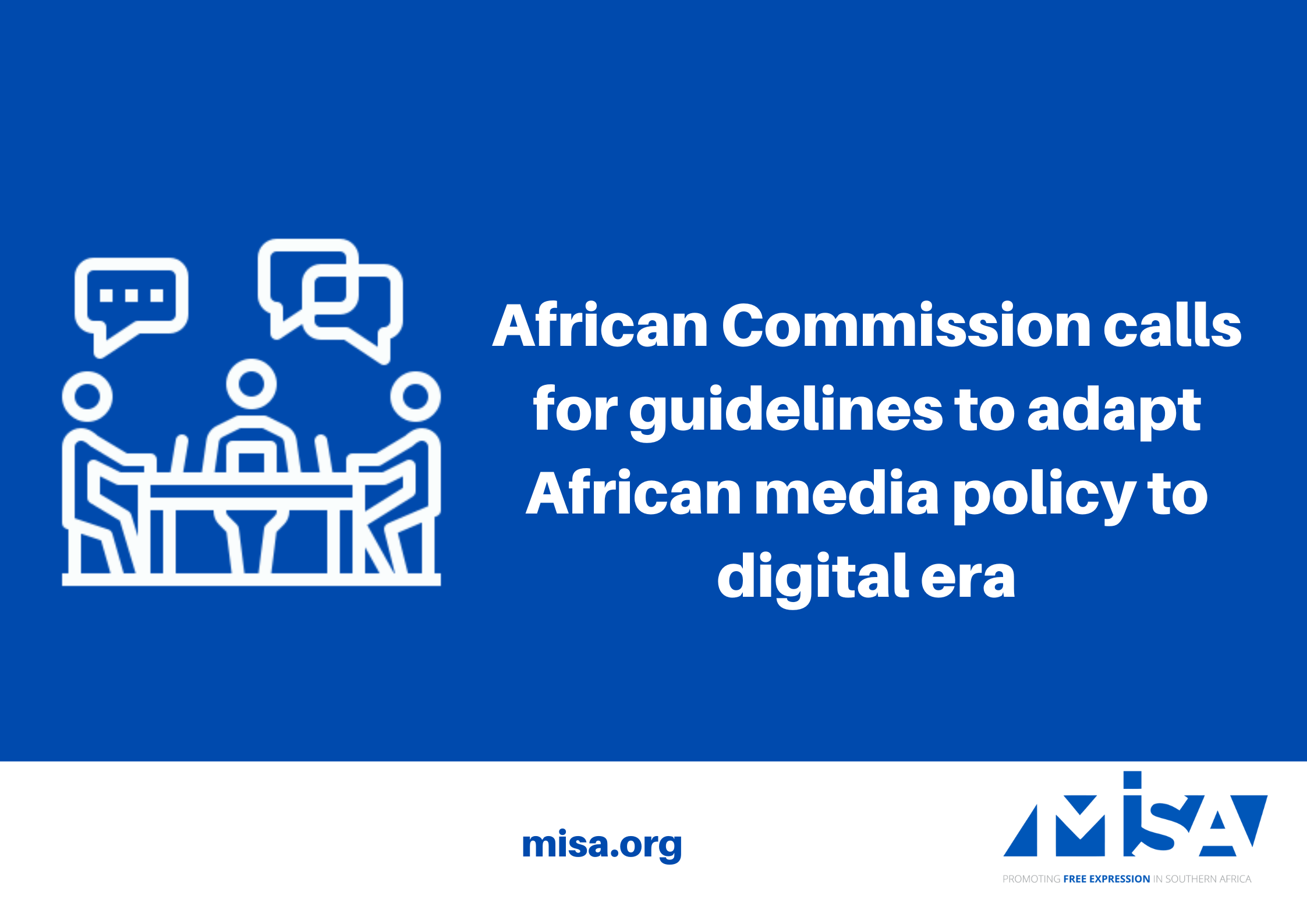Journalism, media and communications training
Customised media workshops
MISA Malawi is available to develop and deliver customised journalism trainings for all levels of media professionals, from entry-level journalists to experienced reporters, editors and producers.
MISA Malawi offers hands-on journalism and communications trainings and workshops with an emphasis on developing practical, multi-media skills.
Courses on offer:
What are the advantages of our journalism workshops?
Our journalism and media workshops mix theory with hands-on practical training to make you better prepared for today’s fast-moving media environment.
The workshops are limited to 12 participants to ensure you maximise your time practising new skills and to allow for individual feedback from the trainers.
Our trainers are experienced, practising journalists who are all certified trainers.
Our training centre in Lilongwe is stocked with all the necessary media equipment (cameras, mobile reporting kits, computers, high-speed Internet) to enable you to learn new skills and explore new media. Its high-quality amenities mean you can learn in comfort.
Our training modules have been developed in close cooperation with DW Akademie, Germany’s leading media development organisation. As such, our media workshops meet international standards while being tailored to local conditions.
Who are the trainers?
Our trainers are experienced, practising journalists who are all certified trainers.
They have all completed a rigorous ‘Trainer the Trainer’ course to develop their training expertise and have also conducted workshops alongside DW Akademie’s trainers to benefit from their international experience.
Where are the journalism and media trainings held?
Journalism, media and communications training in Lilongwe will usually be held at MISA Malawi’s purpose-built training centre.
The media training centre is equipped with:
- computers installed with editing software
- video cameras
- mobile reporting kits
- projectors and projector screens
- high-speed internet.
It includes:
- two large well ventilated training rooms with air conditioners and a capacity of up to 30 people each
- library
- kitchen
- outside luncheon area
- ample car parking.
At times, to better suit the needs of participants, workshops in Lilongwe will be held at other venues.
Trainings outside of Lilongwe will be held at hired venues with appropriate facilities.
This project is being undertaken with the support of DW Akademie, Germany’s leading media development organisation.
Training news
MISA Malawi set for TikTok journalism, elections training
As Malawians prepare for general elections slated for September 16, 2025, MISA Malawi has organised a five-day TikTok Journalism and Elections training for some journalists covering elections. The training is scheduled for July 21 to 25, 2025 (Monday to Friday) at...
Call for Expressions of Interest to participate in Tiktok Journalism & Elections Reporting Training
MISA Malawi is calling for Expressions of Interest (EoI) from interested paid-up members to participate in a five-day training on Tiktok Journalism and Elections Reporting scheduled for July 21-25, 2025. The training will take place at Mtolankhani House, Lilongwe....
MISA launches fifth annual state of press freedom report
MISA Regional officially launched the fifth edition of the State of Press Freedom in Southern Africa report on 8 May 2025, a key evidence-based advocacy tool for improving the safety of journalists in the region. The 2025 report was launched at the belated...
MISA Regional Chairperson Jeremias Langa’s Opening Remarks for the Regional World Press Freedom Day commemorations –
MISA Regional Chairperson Jeremias Langa’s Opening Remarks for the Regional World Press Freedom Day commemorations – May 7, Johannesburg, South Africa The Regional Representative of the Regional Office of OHCHR in Southern Africa Ms Abigail Noko Secretary General of...
African Commission calls for guidelines to adapt African media policy to digital era
The African Commission on Human and Peoples’ Rights (ACHPR) has urged the Special Rapporteur on Freedom of Expression and Access to Information in Africa to consult with African stakeholders to evaluate their perceptions of public service content in the modern digital...












